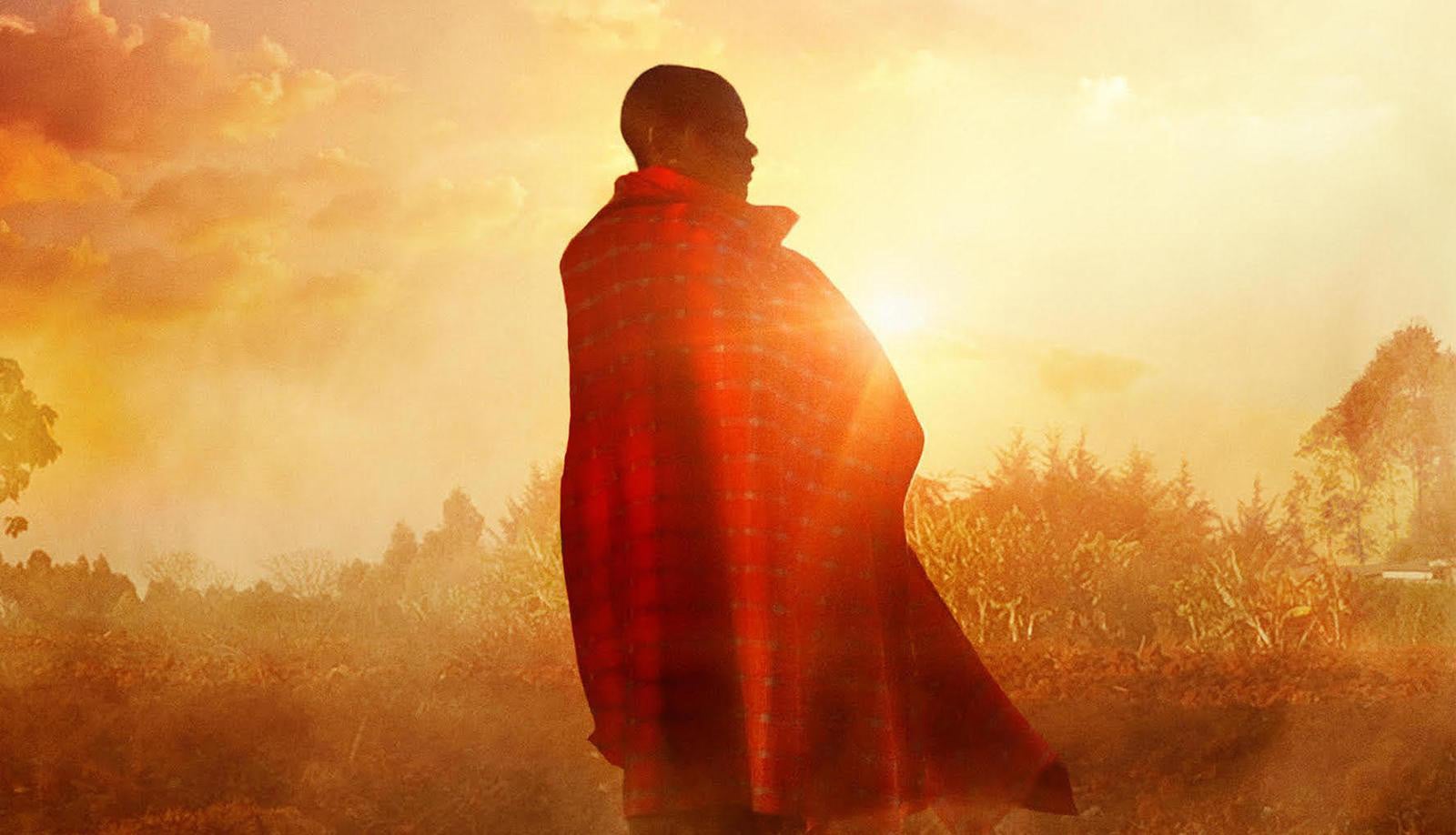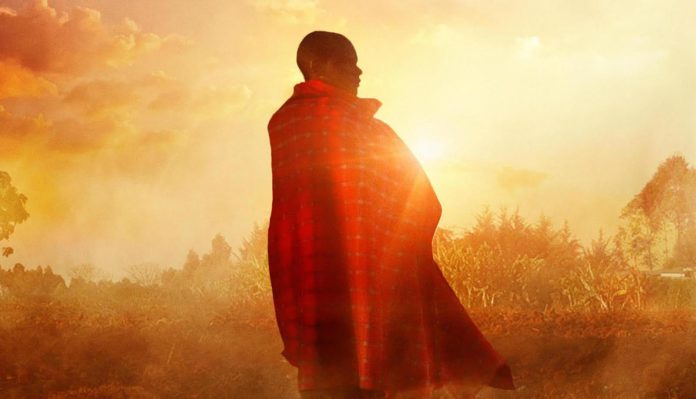
I have never met Samuel, the gay Kenyan protagonist of the acclaimed documentary “I Am Samuel.” But I feel as if I know him. Not only does filmmaker Peter Murimi’s quiet, steady, honest portrayal of Samuel’s daily life create a sense of intimacy and familiarity, but Samuel is the kind of person you know.
Because in spite of laws criminalizing their relationships, discrimination, and the threat of violence, lesbian, gay, bisexual and transgender (LGBT) people in Kenya are ordinary people living ordinary lives. They work as construction workers, like Samuel; as hawkers (street vendors), nurses, accountants, and lawyers. If they live in Nairobi, like Samuel, they visit their families in “shags” (Nairobian slang for rural places of origin), and find both commonality and difference with rural relatives, who struggle to understand aspects of their urbanized lives. If they find love, a community of friends and often family members celebrates and supports them. Life isn’t easy when your government officially designates you a second-class citizen, but daily routines, challenges, and small joys remain, all of which are documented as part of Samuel’s life in Murimi’s film.
On September 23, Kenya’s Film Censorship Board (KFCB) slapped a ban on “I Am Samuel,” claiming the film contravenes Kenyan values. Which values? During my years living in Kenya, the values I saw in action every day included care and kindness, tolerance, and openness to difference. Kenya is diverse in every way: geographically, ethnically, religiously, and, yes, in terms of sexual orientation and gender identity. For over a decade, LGBT people have publicly staked out their place within Kenya’s vibrant social fabric, challenging discrimination and claiming their rights.
KFCB may want to silence them with flimsy claims that reduce Samuel and his partner Alex’s rich relationship to a “same sex marriage agenda.” It will not succeed; censorship rarely does. Like the lesbian-themed film “Rafiki,” banned by KFCB in 2018, Samuel’s story will be seen by Kenyans who will make up their own minds. In trying to force on the blinders to deny LGBT people’s existence and rights, KFCB is on the wrong side of history.








